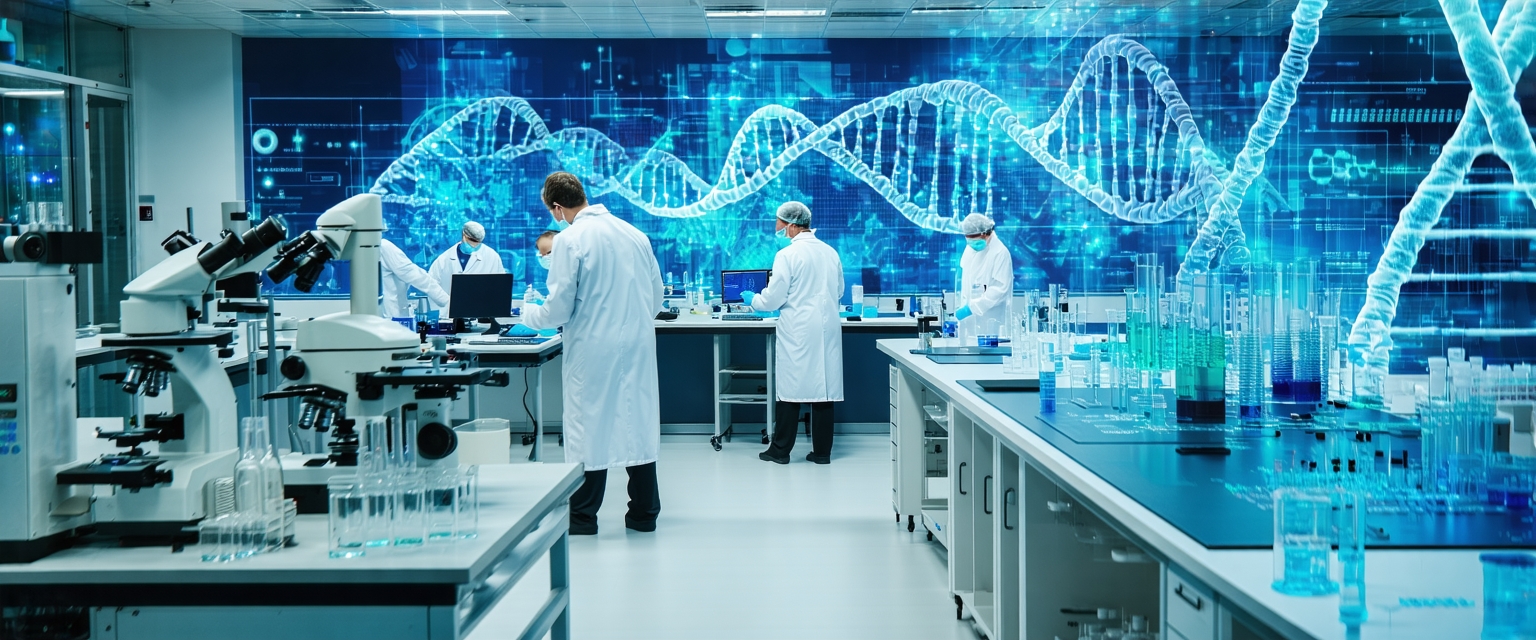






The field of biotechnology is rapidly evolving, with recent advancements significantly impacting gene editing and drug discovery. These breakthroughs promise transformative changes in healthcare and beyond.
Gene editing technologies, particularly CRISPR-Cas9, have revolutionized our ability to modify DNA. This precision allows scientists to correct genetic defects, potentially curing inherited diseases. Simultaneously, advancements in AI and machine learning are accelerating drug discovery, leading to faster and more efficient development of new therapeutics.
Researchers have recently demonstrated improved accuracy and efficiency in CRISPR-Cas9 gene editing, reducing off-target effects. This advancement is crucial for safe and effective therapeutic applications. In parallel, AI-powered platforms are now successfully predicting drug efficacy and identifying potential drug candidates with unprecedented speed, potentially revolutionizing drug development timelines.
Furthermore, exciting developments are underway in personalized medicine. Using genetic information to tailor treatment plans is becoming more feasible, thanks to advances in genomics and AI-driven analysis. This approach promises more effective and targeted therapies for individual patients.
These breakthroughs have significant implications for numerous diseases, including cancer, genetic disorders, and infectious diseases. The potential to cure previously incurable conditions is within reach. This also promises to improve overall healthcare outcomes and reduce healthcare costs through more effective and targeted treatments.
Future research will focus on further enhancing the precision and safety of gene editing technologies. Efforts will also concentrate on developing more sophisticated AI-powered drug discovery platforms. The ethical implications of these technologies will also require careful consideration and robust regulatory frameworks.